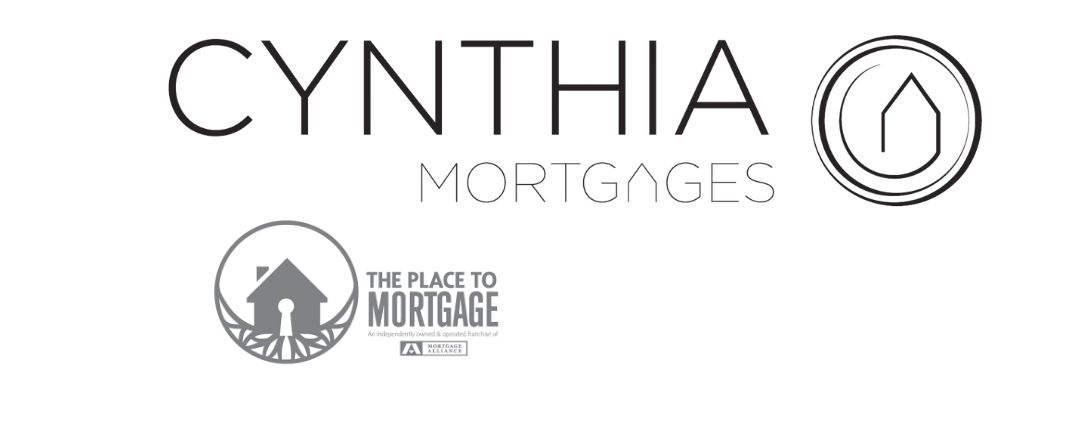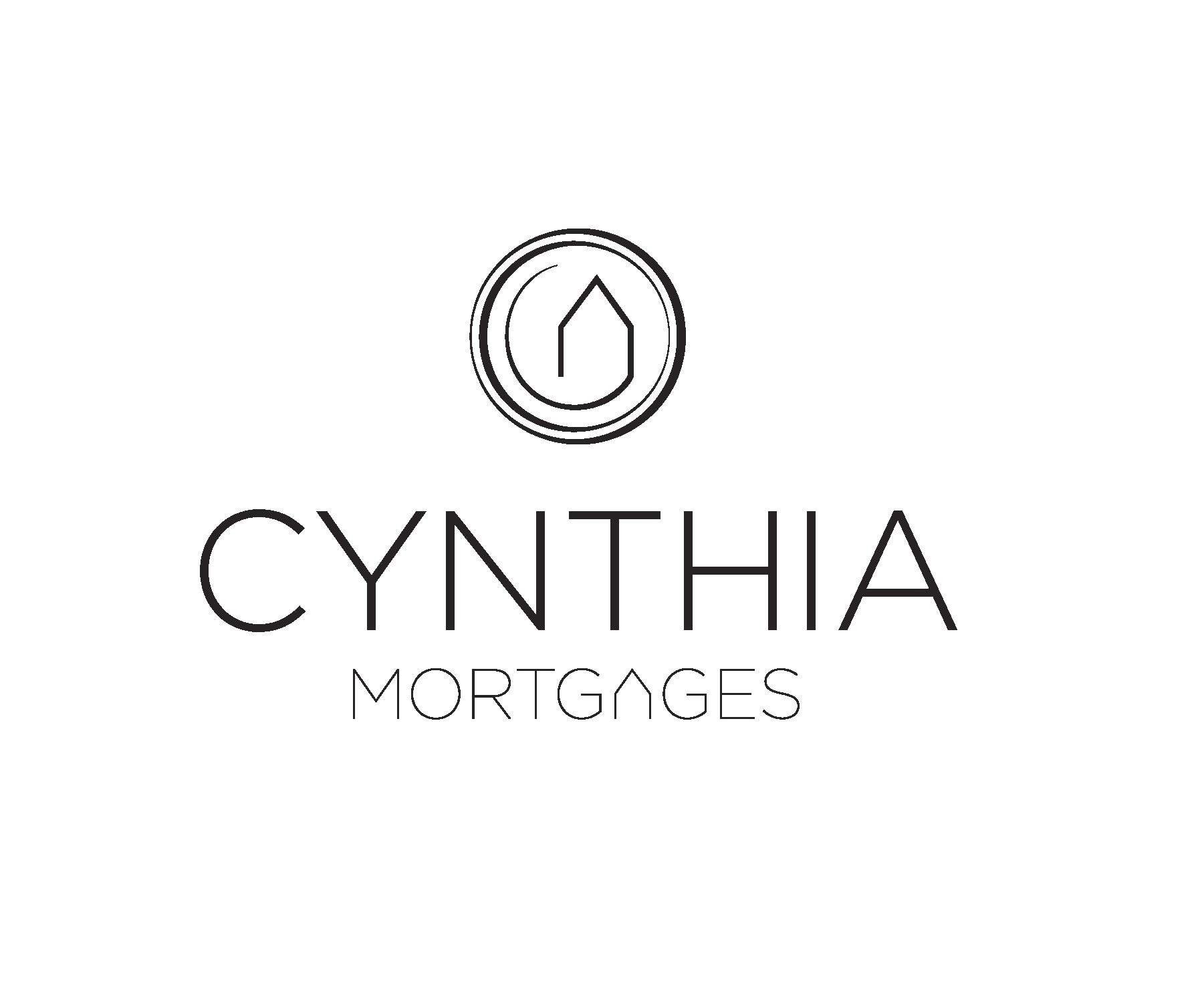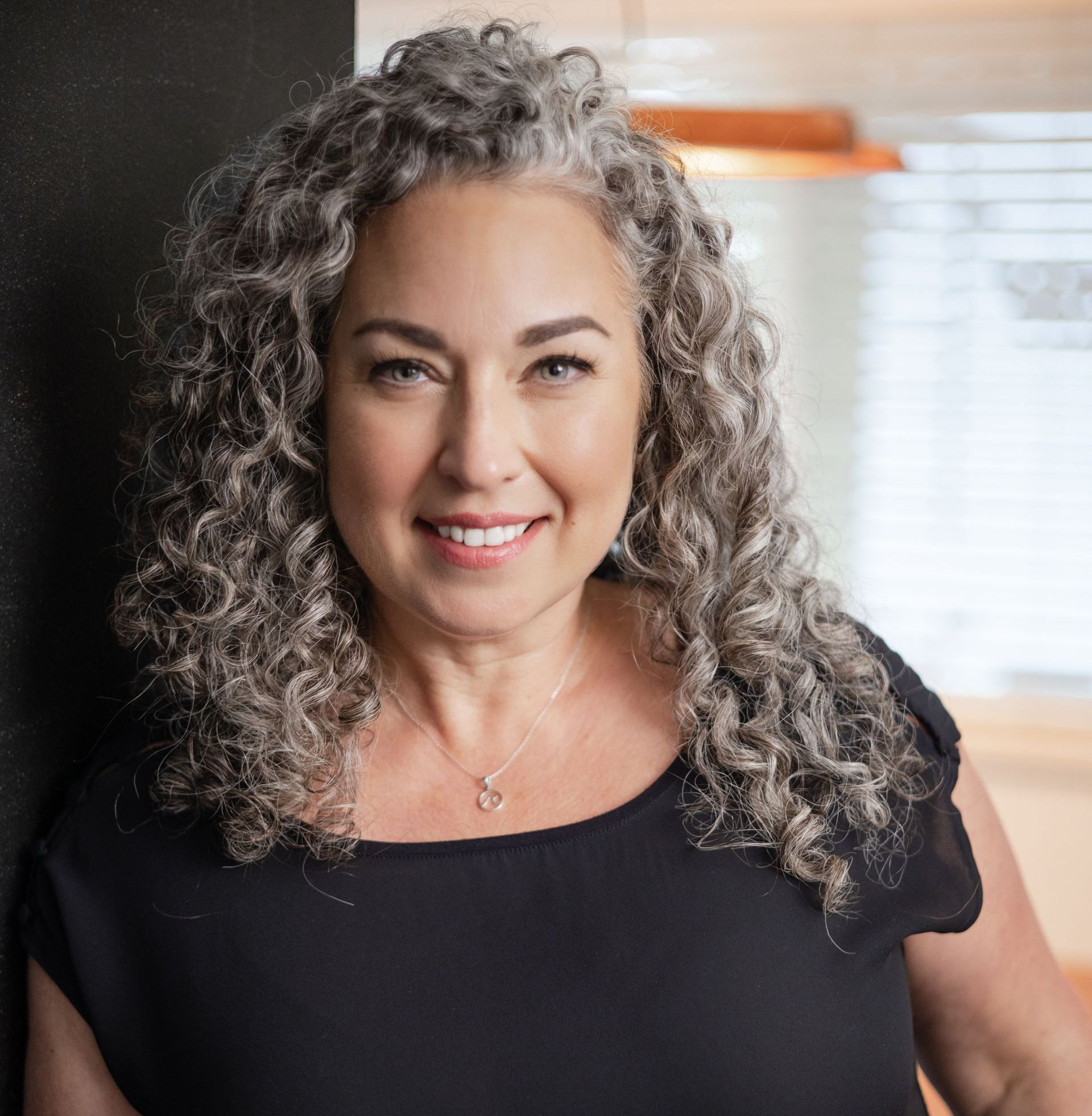Make the Most of Summer: Outdoor Project Ideas for Every Space
Summer in Canada is short—but sweet. With warm weather and long evenings, it’s the perfect time to get outside and enjoy your outdoor space, no matter how big (or small) it is. Whether you have a tiny patio or a sprawling backyard, a few creative upgrades can go a long way toward turning your space into your personal summer oasis.
Below are ideas for every type of outdoor space, from cozy balconies to large backyards!
For Patio-Only Spaces
Limited to a balcony or concrete patio? No problem! Small spaces can still offer big enjoyment.
1. Upgrade the Flooring
Add interlocking tiles to give your concrete floor a more polished look—wood grain, grass panels, or composite styles are all popular, easy-to-install options.
2. Create an Outdoor Movie Zone
Hang a pull-down screen or grab a portable stand, pair it with a mini projector, and voilà—your very own outdoor movie theatre under the stars!
3. Start an Herb Garden
Railing planters are perfect for growing basil, mint, parsley, and more. Fresh herbs at your fingertips—and they smell amazing too!
4. Add Some Twinkle
Wrap fairy lights around your railing or overhead beams to bring cozy vibes and nighttime charm.
5. Grill Like a Pro
Maximize your BBQ season with a compact baby-que. Weber’s Q Series is a great option for small spaces without compromising grilling power.
For Small Yards
A little yard can still pack a lot of personality. Here are ways to make the most of every square foot:
1. Game Time!
Add a mini putting green or an axe-throwing target (just be safe!) for quick bursts of backyard fun that don’t take up much space.
2. Warm Up Your Nights
Add a heating lamp or portable fire bowl to keep your evenings cozy well into the fall.
3. Grow Your Own Produce
Build or buy a raised garden box to grow tomatoes, cucumbers, lettuce, or other easy vegetables. Gardening is relaxing—and delicious!
4. DIY Bird Bath
Make a pedestal bird bath using an old vase, a platter, and strong glue. You likely have everything you need already at home—and the local birds will thank you!
For Big Yards
If space isn’t an issue, the sky’s the limit! Here are some larger-scale projects to take your yard to the next level:
1. Build a Catio
Yep, it’s a “cat patio”! Give your feline friends a safe way to enjoy the outdoors with a screened-in enclosure attached to your home.
2. Create a Permanent Fire Pit
Use stones and a fire ring to build a beautiful, safe fire pit. You can even add airflow cutouts to reduce smoke—perfect for those marshmallow roasts!
3. Tile a Dining Area
Install paving stones or tiles to define an outdoor dining space. Add a table, some string lights, and enjoy al fresco meals all summer long.
Need More Inspiration?
If none of these projects quite fit your vision, check out Home Depot’s DIY backyard ideas—complete with step-by-step instructions and material lists to help you bring your outdoor dreams to life.
Soak It Up While It Lasts
No matter the size of your space, there’s always something you can do to enhance your outdoor experience. So get out there, get creative, and make the most of these sunny summer days.
See you back here in August—with more tips, tricks, and homeowner insights!








